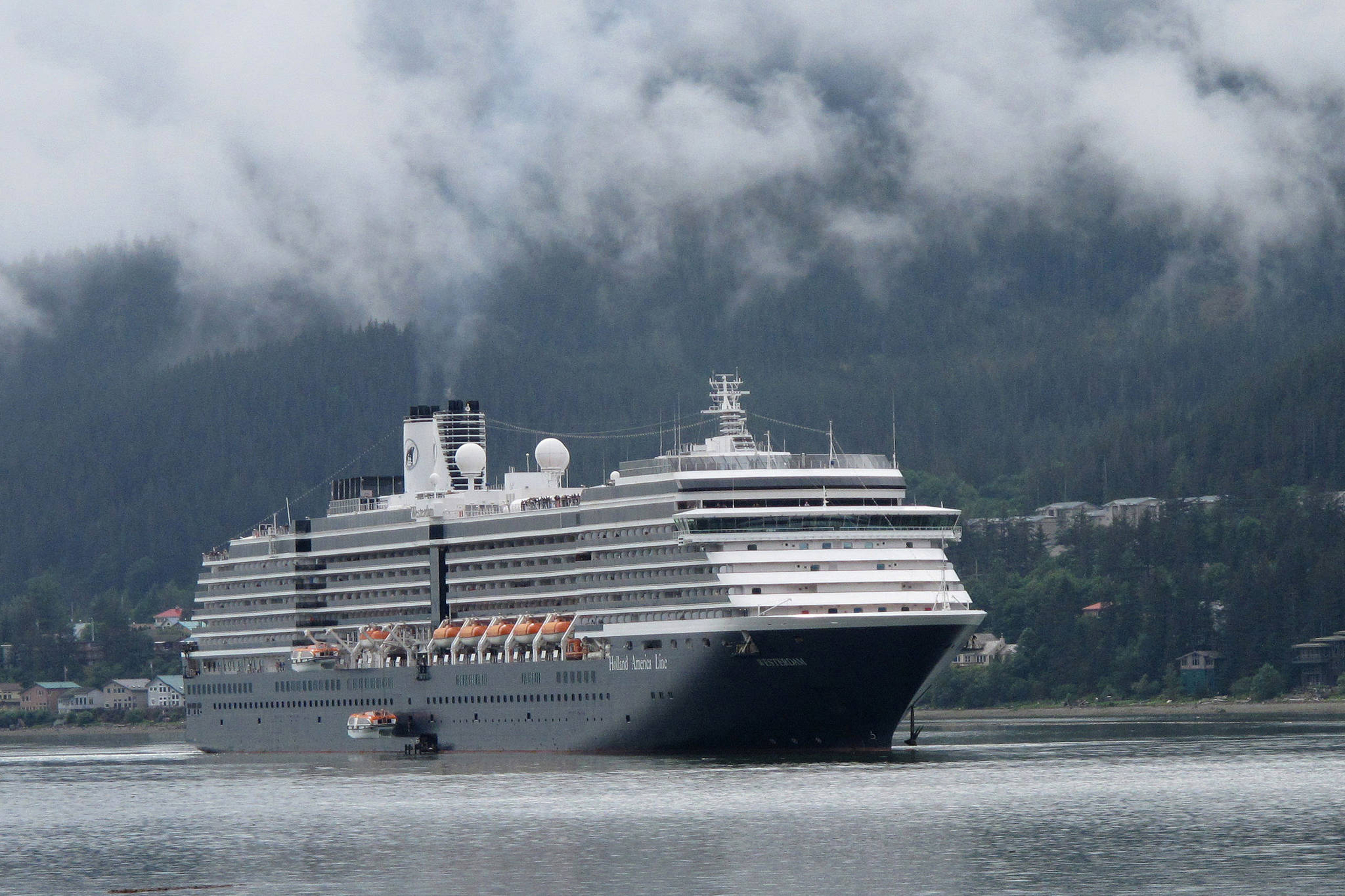Carnival Corporation was just caught dumping tens of thousands of gallons of liquid waste, as well as plastic bags and other solid waste, in Glacier Bay National Park’s pristine waters. An investigation into these crimes found that Carnival implemented a “brazen and secret” plan to scrub environmental records and hide their violations. It is evident that this is the worst possible time to repeal the Ocean Ranger Program, which provides independent oversight of cruise ships. Our state’s pristine habitat is one of the key reasons that people choose to live in and visit Alaska. It’s a critical part of our economy, our history, and our culture.
The Ocean Ranger Program was created by voter initiative to ensure that cruise ships abide by clean water standards. How much does this program cost the typical Alaskan? The answer is nothing. The Ocean Ranger Program is funded by a head tax paid by cruise ship passengers, most of whom visit Alaska to see the breathtaking views and wildlife that the Ocean Rangers exist to protect.
The Dunleavy Administration has proposed de-funding the Ocean Ranger Program in the budget, and eliminating the program altogether through House Bill 74. Cruise ships aren’t just boats; for all accounts and purposes they’re floating cities, with thousands of passengers and their own swimming pools, performance halls and restaurants. As a result, they’re able to generate a mind-boggling amount of waste. According to a 2010 report by the Congressional Research Service, “During a typical one-week voyage, a large cruise ship (with 3,000 passengers and crew) is estimated to generate 210,000 gallons of sewage; 1 million gallons of graywater (wastewater from sinks, showers, and laundries); more than 130 gallons of hazardous wastes; 8 tons of solid waste; and 25,000 gallons of oily bilge water.” It is critically important that we ensure this waste does not contaminate our marine ecosystems.
Ocean Rangers have a track-record of being effective at identifying violations and shortcuts taken by cruise ships to keep this staggering amount of waste from ending up in our oceans. In fact, Ocean Rangers have reported 373 potential violations over the last two years alone. Investigative journalists with Coast Alaska filed public record requests and found that Ocean Rangers have consistently identified evidence of “foamy, oil sheens discharged by cruise ships both in port and while underway.”
Based on misleading information provided by the Dunleavy administration, the House Finance Committee voted to de-fund the Ocean Rangers just days before the news about dumping in Glacier Bay. In light of the revelations of these crimes, we must restore Ocean Ranger funding and allow them to continue protecting Alaskan waters.
Rather than defunding and eliminating the Ocean Rangers, we should update the program to leverage new technologies that have emerged since the 2006 voter initiative. I look forward to working with my colleagues to address these changes and working to reinstate a program that will ensure Alaska’s waters remain the envy of the world.
Alaska House Rep. Zack Fields is a Democrat representing Anchorage.
• Alaska House Rep. Zack Fields, D-Anchorage

